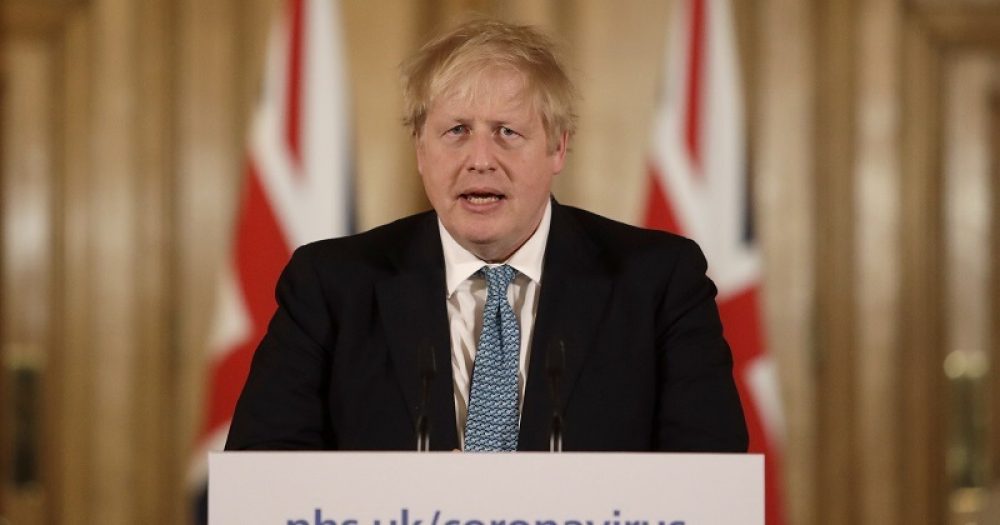Colleges will have to keep campuses open to vulnerable children and those of “key workers” indefinitely, including during the holidays, while most people go on an unprecedented nationwide shutdown.
On Wednesday, education secretary Gavin Williamson called on providers to be on the forefront of the country’s response to the coronavirus crisis, insisting they will be “directly saving people’s lives”.
Emergency legislation, the Coronavirus Bill, will go through Parliament next week and allow the government to force colleges and schools to stay open or “relax some requirements around education legislation in order to help these institutions run effectively during the event of an emergency”.
I cannot tell you that by the end of June we will be on a downward slope
It means that while college doors will be closed and classes migrated online for most students from Friday afternoon until “further notice”, they will remain open to those that need them most, including during the upcoming two-week end-of-term break.
The definitions of “key workers” and vulnerable children can be found here.
Prime minister Boris Johnson told his daily press briefing on Thursday evening that “we can turn the tide within the next 12 weeks and I am absolutely confident that we can send coronavirus packing in this country, but only if we all take the steps which we have outlined”.
But when asked what “turn the tide” actually meant, Johnson said: “I cannot stand here and tell you that by the end of June we will be on a downward slope.
“It is possible but I simply cannot say that is for certain. Of course not. We don’t know where we are. We don’t know how long this thing will go on for.”
Colleges could therefore very well see themselves working under this “new operational model” until the next academic year, in August or September.
East Coast College principal Stuart Rimmer told FE Week it is “time for colleges where possible to step forward for communities”.
His college has taken steps to work with local food banks, offered kitchens to provide hot meals for local vulnerable groups with the local councils and is working with the hospital trusts to get students rapidly ready to step into jobs to support vacancies or shortages.
He said they are also preparing telephone support and online courses for “day one redundancies with employers and the Department for Work and Pensions”.
Counselling service support has also been “ramped up” for students and staff.
“We intend to continue working face to face on reduced timetables with vulnerable learner groups who need us more than ever,” Rimmer continued.
“The college intends not to be closed but to migrate our college community online. We remain at the service of our community. It is important that clear, unambiguous and direct advice to colleges in post-16 sector is provided urgently by government around educational health and care plan students.”

Writing for FE Week about his college’s approach to life off campus, the principal of Lancashire-based Cardinal Newman College, Nick Burnham, said: “Teaching and learning online begins for students from Monday using Microsoft Teams and will be a mix of live sessions and pre-recorded or set work.
“All will follow the existing college timetable, hopefully motivated by the thought their teacher will have a significant input to their final grade.
“The college’s ‘achievement tutors’ will work from home, regularly making contact with vulnerable students but also supporting all students through this difficult time.”
He added that counselling will continue via Skype.
On Thursday, the Department for Education published guidance on how schools can continue to claim free school meals during the country’s lockdown.
They were told to work with catering providers or local authorities to provide food parcels or send out supermarket vouchers to eligible pupils.
The average college has “several hundred” 16 to 18 students who receive free meals, according to the Association of Colleges.
The DfE told FE Week it does plan to provide free meals support to post-16 providers, but the arrangements had not been finalised at the time of going to press.
In a letter sent to Williamson this week, AoC boss David Hughes warned that an average college could lose up to £1 million per month of temporary closure and “very few, if any, will be able to cope without government support”.
The government had made no announcement on what, if any, financial support there will be for colleges during this crisis at the time of going to press.









Your thoughts